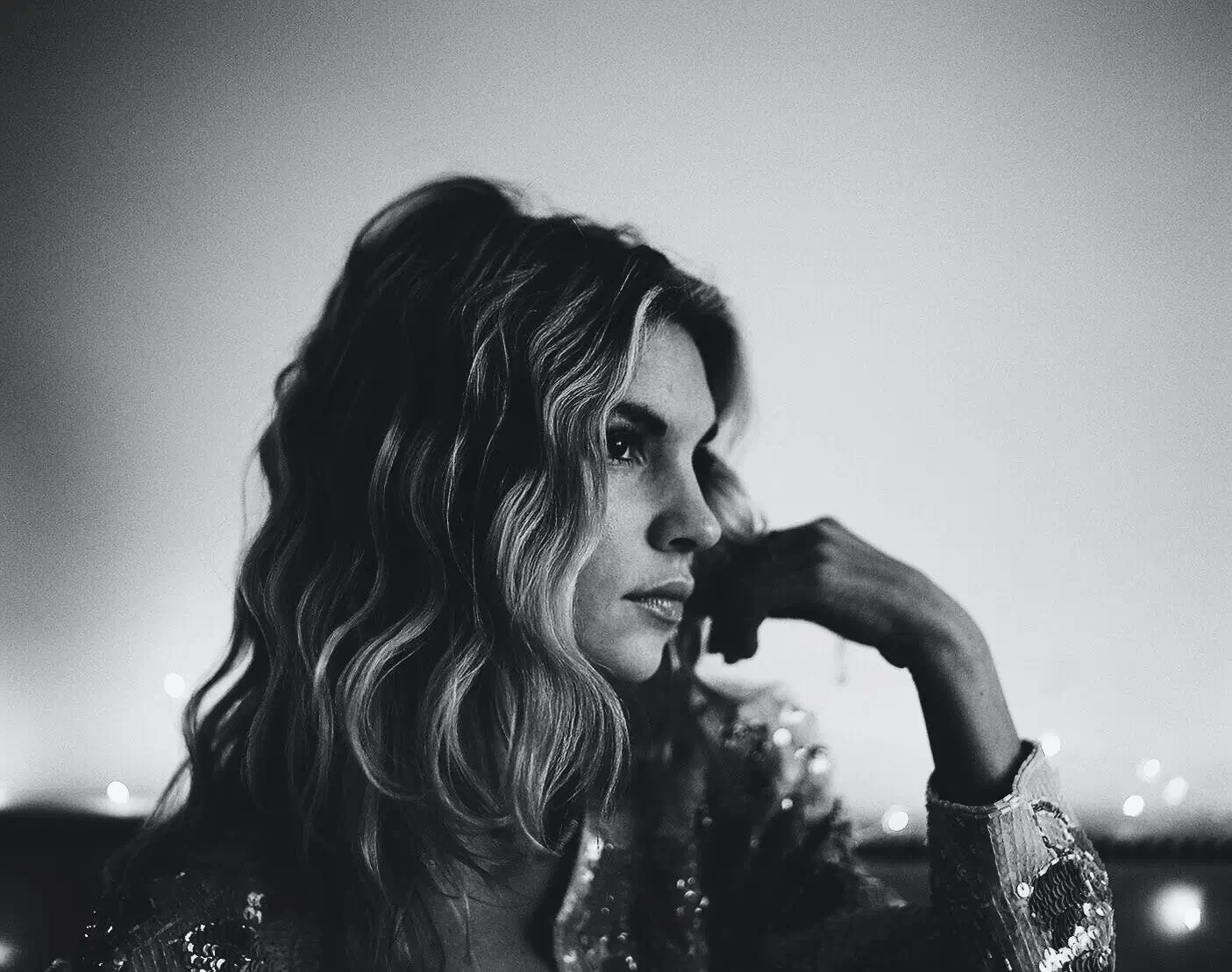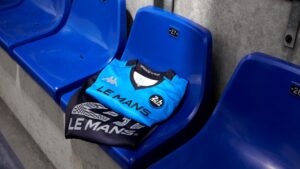There are few names in sports that transcend generations — athletes whose careers stretch so far and wide that they become living bridges between eras. Jaromír Jágr is one of them. At fifty-three years old, the Czech legend has once again laced up his skates for his hometown club, Rytíři Kladno, marking an almost unbelievable 38th professional season.
For most players, retirement arrives long before fifty. Bodies wear down, reflexes dull, and the grind of travel and training finally overtakes passion. But Jágr, with his trademark flowing hair (now streaked with silver) and an aura that blends humor with relentless discipline, has made a mockery of time itself. What started in 1988 — before the fall of the Berlin Wall, before smartphones, before many of his current teammates were born — continues today as a living monument to the game of hockey.
a career that defies time
When Jaromír Jágr first appeared on professional ice, the world was a different place. He debuted for Kladno in Czechoslovakia at age 16, before being drafted fifth overall by the Pittsburgh Penguins in the 1990 NHL Entry Draft. From there, he quickly became one of the defining players of the 1990s and early 2000s — a cornerstone of skill, power, and longevity.
Playing alongside Mario Lemieux, Jágr helped lead the Penguins to back-to-back Stanley Cup championships in 1991 and 1992. His conjure was magnetic: he combined elite skating with unmatched puck control, and his balance — that low, powerful stance — became iconic. In an era filled with grit and heavy checking, Jágr glided through defenses as though he were dancing through history itself.
After Pittsburgh, he donned several jerseys — Washington Capitals, New York Rangers, Philadelphia Flyers, Dallas Stars, Boston Bruins, New Jersey Devils, and the Florida Panthers — before finally closing his NHL chapter in 2018. Each stop added layers to his legend. Each locker room witnessed the same habits: the midnight workouts, the late-night ice sessions, the quiet mentoring of younger players.
records, trophies, and an unbreakable will
Jágr’s accolades read like a museum wall of hockey greatness. He ranks second all-time in NHL points with 1,921, behind only Wayne Gretzky. He’s won five Art Ross Trophies as the league’s leading scorer, a Hart Trophy as the league’s MVP, and three Lester B. Pearson Awards (now known as the Ted Lindsay Award) as the players’ choice for the most outstanding performer.
But what might be most remarkable isn’t the silverware — it’s the sheer durability. Very few athletes, in any sport, have maintained elite conditioning into their fifties. Jágr credits his longevity to an obsessive work ethic and a near-monastic approach to training. Known for practicing in the middle of the night — skating alone for hours after games — he often says, “I train when others sleep.”
In Czech hockey circles, those stories are legend. Younger teammates have recalled arriving early for practice only to find Jágr already drenched in sweat, stickhandling in solitude. It’s not performative — it’s ritual. For Jágr, training isn’t punishment; it’s prayer.
back home in kladno
Kladno isn’t just his team — it’s his hometown, his heritage, and now, his legacy. Jágr not only plays for Rytíři Kladno; he owns the team. That dual role — player and owner — gives his late-career story a deeply personal dimension. He’s not skating for money or fame anymore. He’s skating to keep his community’s hockey heart beating.
Kladno, a small industrial town outside Prague, has produced several Czech hockey legends, but none greater than its favorite son. When the team faces relegation battles or financial strain, Jágr is there — on the ice, in the office, or at community events — carrying the burden with characteristic humility.
Last season, when Kladno risked dropping out of the Czech Extraliga, Jágr suited up and contributed just enough to help them survive. For the locals, seeing him glide across the same rink where his career began decades ago feels mythic — as though the town’s story and his own have become one and the same.
the meaning of longevity
At 53, what keeps a man like Jágr motivated? It isn’t money or records. It’s purpose. In interviews, he often talks about responsibility — to fans, to teammates, to the game itself. “I feel like if I can still play, I should,” he once said. “The body listens to the mind. If the mind is strong, the body will follow.”
He approaches the game now not as an athlete chasing glory, but as a guardian of hockey’s soul. For younger players, sharing ice time with Jágr is like skating beside a piece of history. Many grew up watching him on television, trying to imitate his moves. Now, they find him on their line during a Czech league match on a Wednesday night.
His example has transcended sports. In the Czech Republic, Jágr represents perseverance, national pride, and the belief that age need not define potential. He’s not defying time so much as redefining it — proving that passion can, in its own way, slow the clock.
the cult of jágr
Few players have inspired such a devoted fan base. From Pittsburgh to Prague, there are still “Jagr Army” fan groups, their members wearing fake mullets and number 68 jerseys — the number he chose in honor of the Prague Spring of 1968, a nod to his family’s resistance under Soviet rule.
Fans admire not only his skill but his humanity. Jágr has always embraced humor, often poking fun at himself on social media, sharing training photos or lighthearted wisdom. Despite his fame, he remains approachable, grounded in his Czech roots.
For the younger generation discovering hockey through highlight reels, Jágr’s career serves as both history lesson and inspiration. He’s the embodiment of consistency in a world of constant change — proof that greatness doesn’t fade; it evolves.
legacy
Beyond his scoring titles and championships, Jágr’s influence reaches into the culture of hockey itself. His emphasis on professionalism, discipline, and self-sufficiency has shaped Czech hockey for decades. His mentorship of players — both in the NHL and back home — has ensured that his legacy isn’t confined to numbers.
He represents something rare in modern sports: devotion without ego. Even now, when his shifts are shorter and his skating slightly slower, there’s no doubt that he still loves every stride.
And for the global hockey community, watching Jaromír Jágr skate at 53 feels like a reminder of what sports are supposed to be about — joy, endurance, and love for the game.
impression
Will Jágr ever retire? It’s become a running joke that he might play until he’s sixty. And honestly, who would bet against him? For now, he’s content to lace up the skates for Kladno, draw fans into the rink, and show that age can coexist with excellence.
In a career that began when Czechoslovakia was still behind the Iron Curtain, he’s now skating in a digital world that streams his highlights to every corner of the globe. The context has changed, but the essence hasn’t. Jaromír Jágr remains what he’s always been — a craftsman, a competitor, and a symbol of resilience.
When the history of hockey is written a century from now, his name will sit beside Gretzky’s, Lemieux’s, and Howe’s — not just for what he accomplished, but for how he redefined the limits of what’s possible.
Because while most legends belong to the past, Jaromír Jágr still belongs to the present. And every time he steps on the ice, the sport itself feels young again.
No comments yet.








